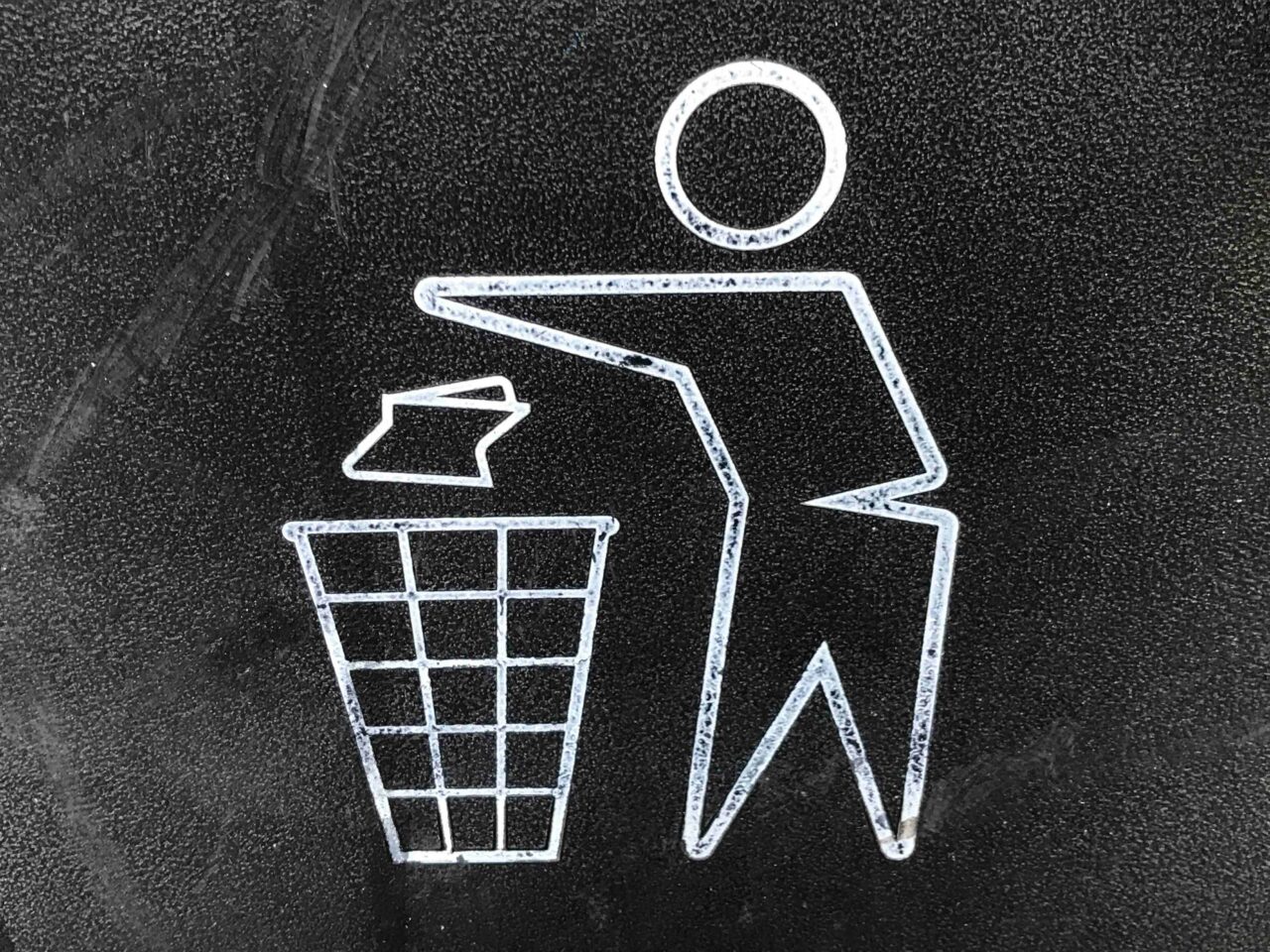Why Your Crypto Exchange Is Rubbish

In the early days of cryptocurrency, the biggest exchange on the block was Mt Gox. However, in 2014, Mt Gox went bankrupt after hackers stole 850,000 Bitcoins worth $34 billion in today’s prices. Insiders blamed a reckless culture and little internal controls with company and founder assets being mixed. The insolvency proceedings continue to this day with investors waiting on a decision about how much they can be compensated with whatever remaining assets survived.
Out of the wreckage of Mt. Gox many retail investors became warier about where they store their assets. However, to this day many people do little research before choosing an exchange or wallet to do their crypto investing. What then are the hallmarks of a bad provider?
They don’t pay interest!
If you have an account with one of the big crypto exchanges, they might offer to pay interest on the crypto you hold with them. This might not be easy to find on their site but that is often intentional. If you aren’t earning on the crypto you have deposited, then often the exchange is already doing it on your behalf and pocketing the earnings. At the time of writing, for Bitcoin, Binance are paying 1.20% and Coinbase is paying 0.10% via a connection to Compound Finance. Better than nothing, however, when compared to leading yield provider GCISL, which pay 0%, there are better places for your crypto.
You don’t know who they are or where they are based
Some of the largest exchanges in the world have opaque leadership structures and little transparency on where the business is based. This makes it very difficult to do any basic due diligence on them to see if they have adequate controls in place to hold customer assets.
They aren’t regulated
Crypto remains an emerging asset class and as such many governments around the world are yet to decide how they will regulate this industry. Regulation provides consumers with protection while reducing the incidence of money laundering and terrorist financing.
Many exchanges are doing their best to go above and beyond what is currently required by regulators and act in the best interest of their customers. Unfortunately, some of the world’s largest exchanges are going out of their way to avoid regulations with leaks of internal documents providing a fascinating insight into how some exchanges choose to operate: https://www.coindesk.com/binance-regulatory-evasion-tai-chi
If crypto is to become adopted by the masses, and a part of retail investors’ portfolios, it is essential that controls are in place to ensure consumers are protected and we do not make it easier for criminals to integrate money into the system.
They get hacked
According to AtlasVPN, in 2020, over $300m was lost from exchanges that got hacked. Many of these exchanges were smaller, poorly funded companies that had set up too quickly with little to no controls in place. It is essential to do due diligence on any exchange that holds your assets to ensure they have been audited and have a proven track record of tech delivery.
It is also worth noting that most assets that were stolen were from wallets. Many of which would have been classed as self-custody wallets connected to DeFi apps. Many promote self-custody as the safest vehicle available for investors to lodge their assets but the data shows there are still many risks out there.
They are really complicated!
Below are a few screenshots from some of the most popular crypto exchanges in the market. These platforms tend to be trader orientated encouraging people to jump in and out of investments frequently as it is the main revenue driver for exchanges. We also know that short-term trading often leads to poor investment performance. Traditional brokers such as IG Index in the UK state that 70% of investors lose money when investors use their service. Compare that with investors who adopted a buy and hold strategy and the performance is often very different.
Conclusion
The world of crypto remains a minefield for the uninitiated. When selecting an exchange make sure they are regulated, well-financed with an obvious HQ and leadership team, and paying decent levels of interest in crypto balances. If you wish to go the DeFi route, ensure the service used is well audited by several firms and that it has a decent track record of tech delivery. Previous events where the exchange was hacked aren’t necessarily a reason not to use them if they can demonstrate a robust response and consistent record since the event.